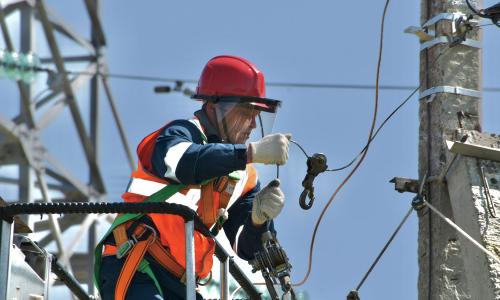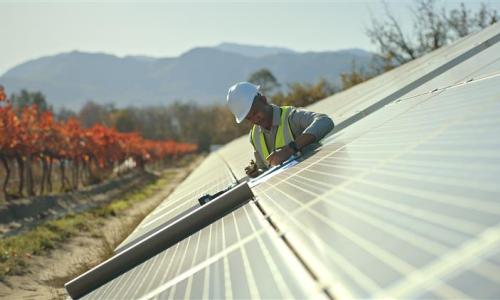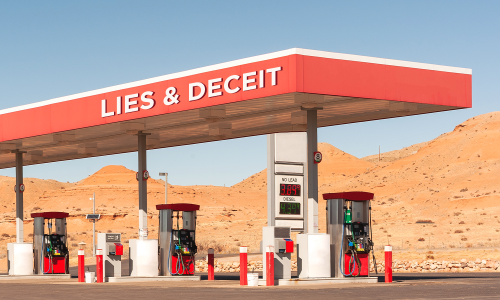Town planners
- Pay close attention to the layout of building lots to allow for solar orientation and energy-efficient landscaping.
- Suggest the redesign of new developments and renovations that do not consider the simple principles of renewable energy.
- Assess how people will get to and from the development, or how effectively job and workplace opportunities are provided within the development.
Building inspectors
- Educate builders and planners about the ideas presented in this paper. Your efforts will increase local expectations for energy performance.
- Enforce energy-efficiency standards.
Developers
- Develop energy-efficient buildings that take advantage of renewable energy opportunities. Doing so will increase the marketability of your product, help your customers save money, and contribute to a healthier environment.
Real estate brokers
- Promote energy-efficient buildings by educating the buyer and builder about the benefits of saving energy.
- Highlight desirable energy features when marketing buildings or developments.
- Emphasize the attractiveness and comfort of buildings that use renewable energy.
Contractors
- Educate building tradespeople about the advantages of renewable energy technologies and practices.
- Work with tradespeople who promote environmentally responsible building.
- Go beyond the energy codes in your community.
Builders
- Exceed local building codes in terms of insulation, windows, mechanical units, and construction quality.
- Educate owners, architects, inspectors, and others involved in the building trades.
- Use durable, healthy building materials that come from local sources.
- Minimize waste on the construction site.
Architects
- Become knowledgeable about design practices that incorporate renewable energy and energy efficiency.
- Educate clients and builders.
Suppliers
- Provide energy-efficient, healthy materials.
- Work to create a market for recycled products and renewable energy.
- Promote interest in energy efficiency with educational displays and special incentives.



